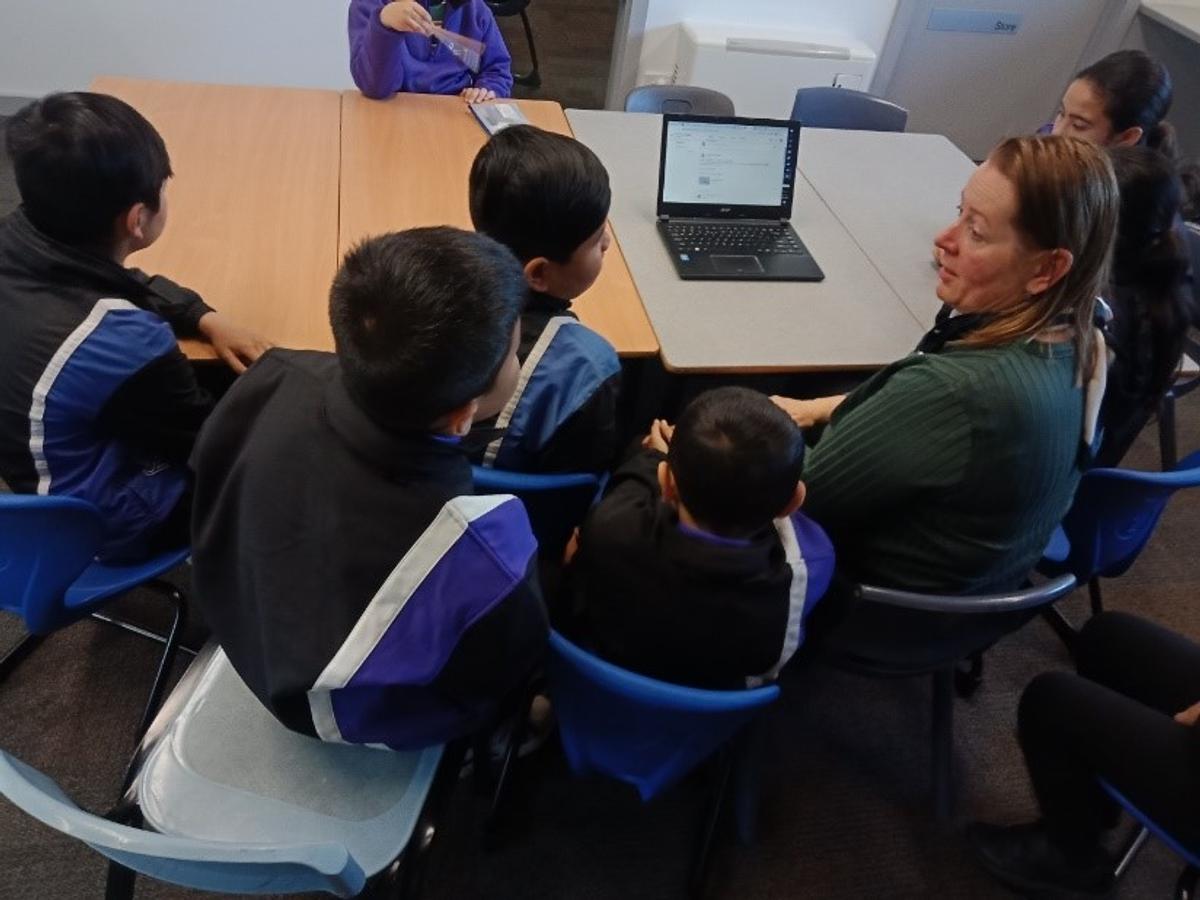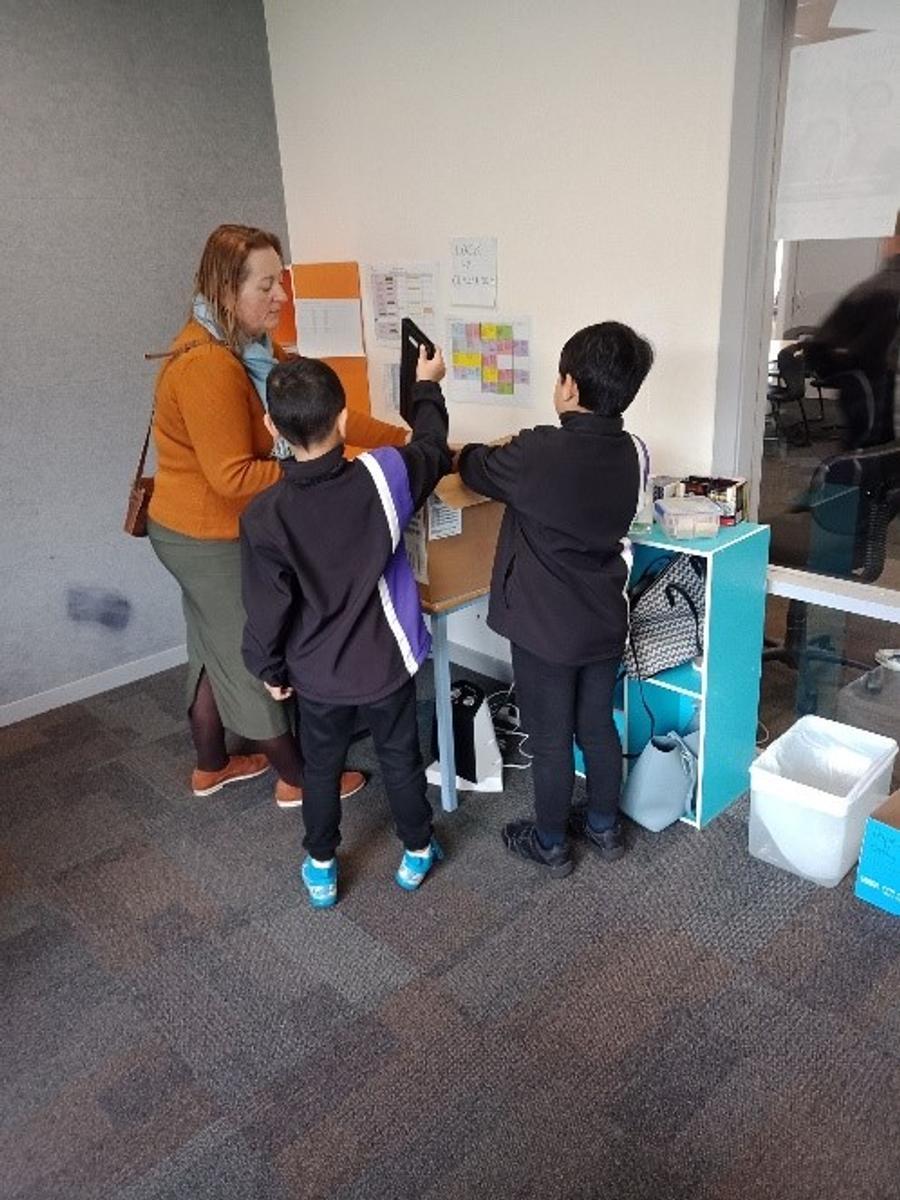Year 7-9 Update
July 2020
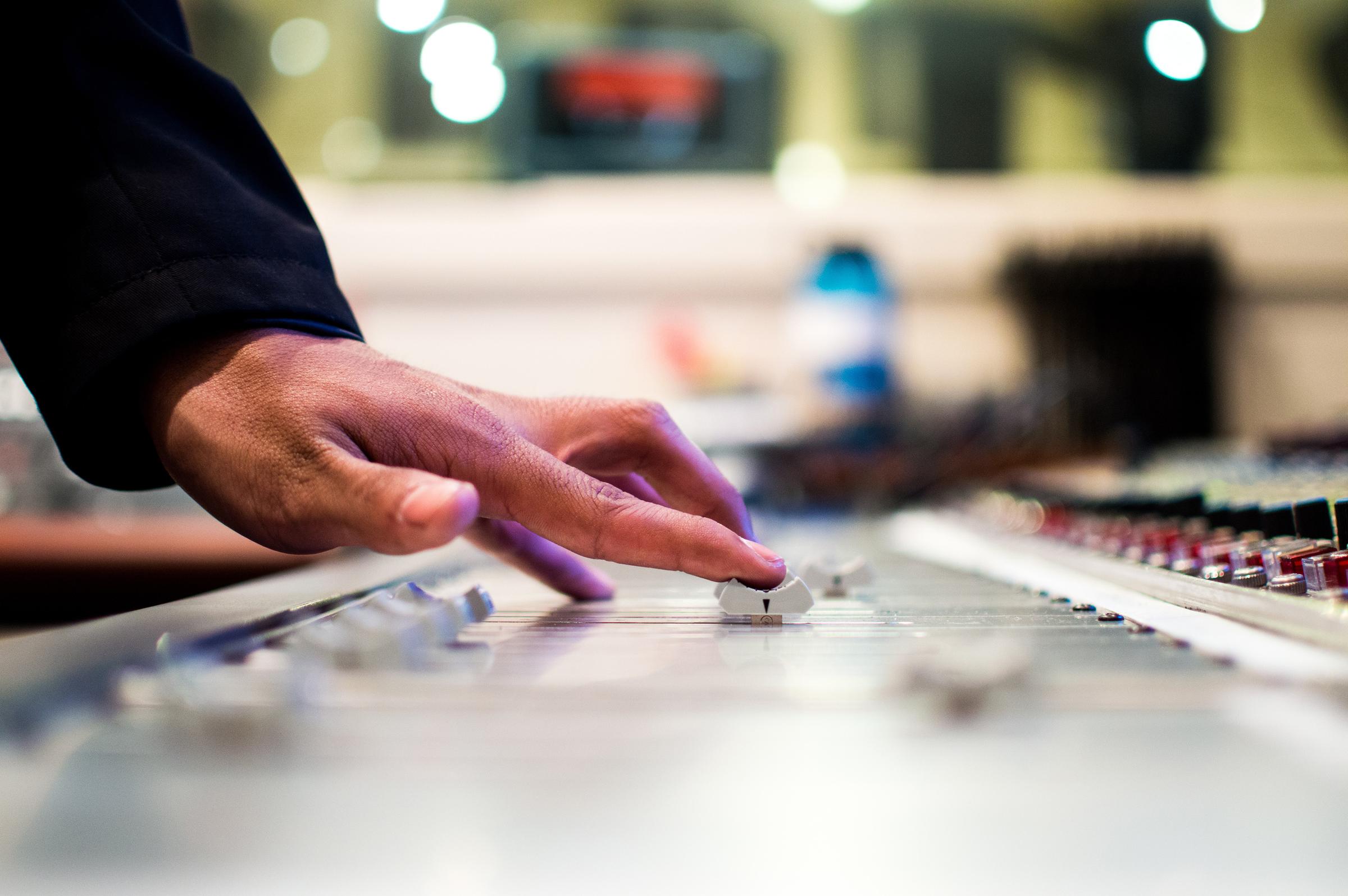
Year 7-9 Update
July 2020
Year 9 students are currently working through the ‘Morrisby Report’ where they begin to think about career pathways, exploring a range of surveys and sitting interviews with online mentors.
The Report is an initiative of the Victorian Department of Education and is a fantastic resource for students mid way through secondary schooling.
This is really good timing as students will be thinking about their 2021 subjects for course counselling later in the term.
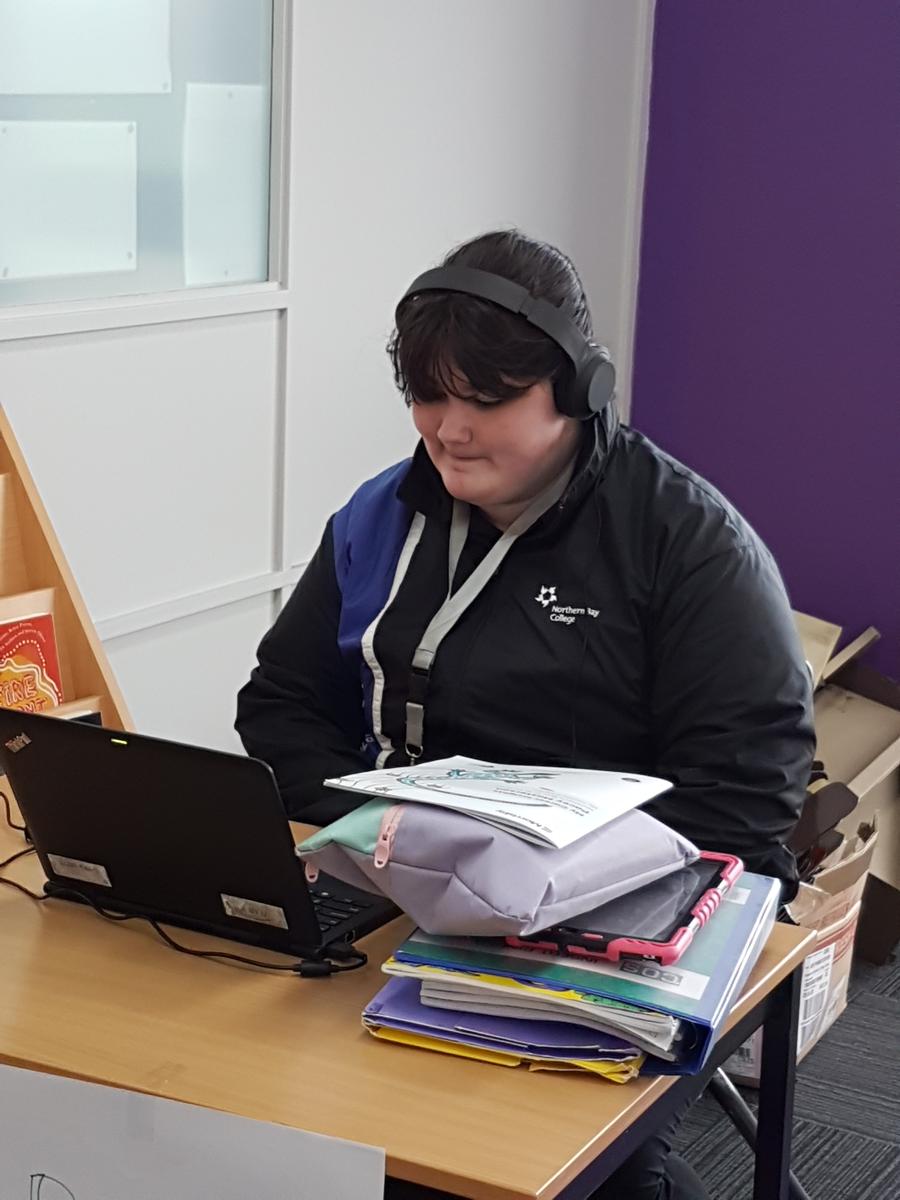
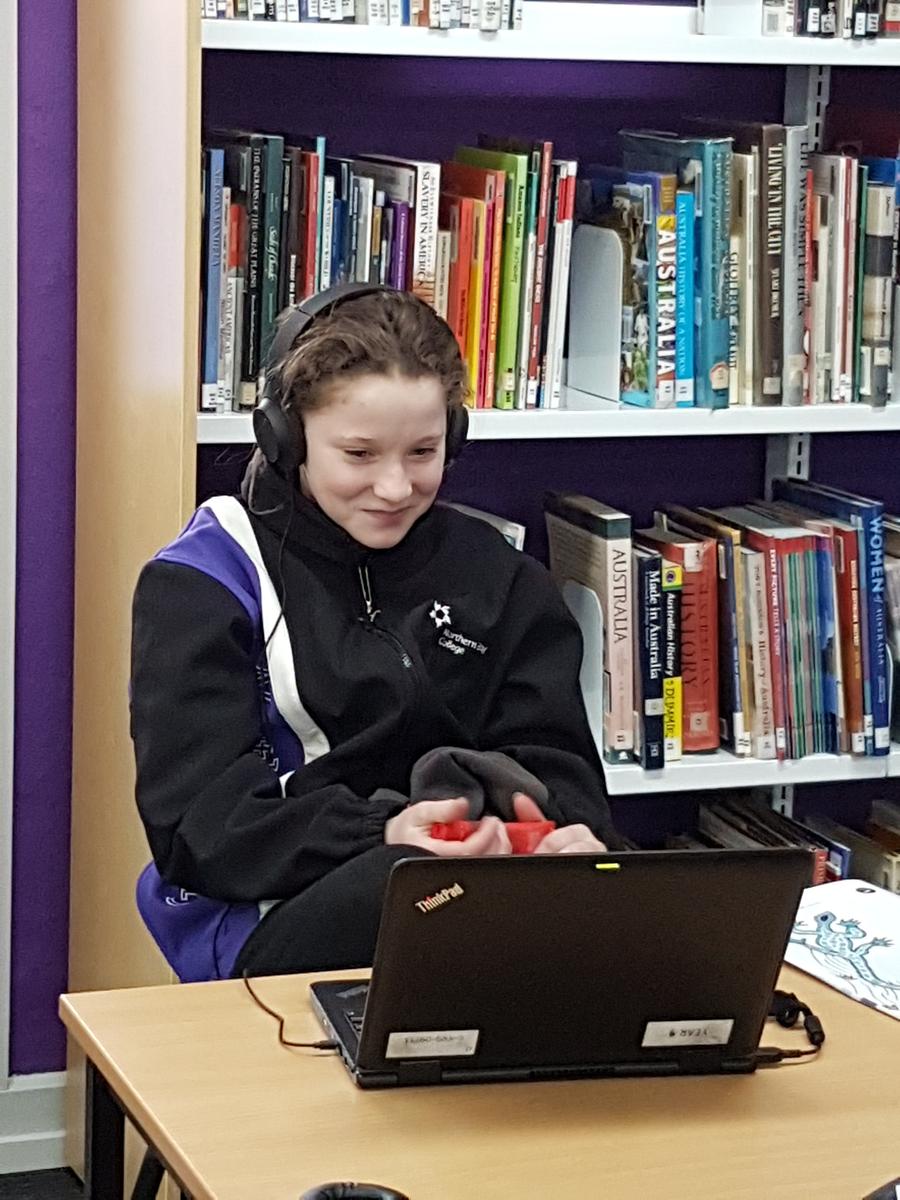
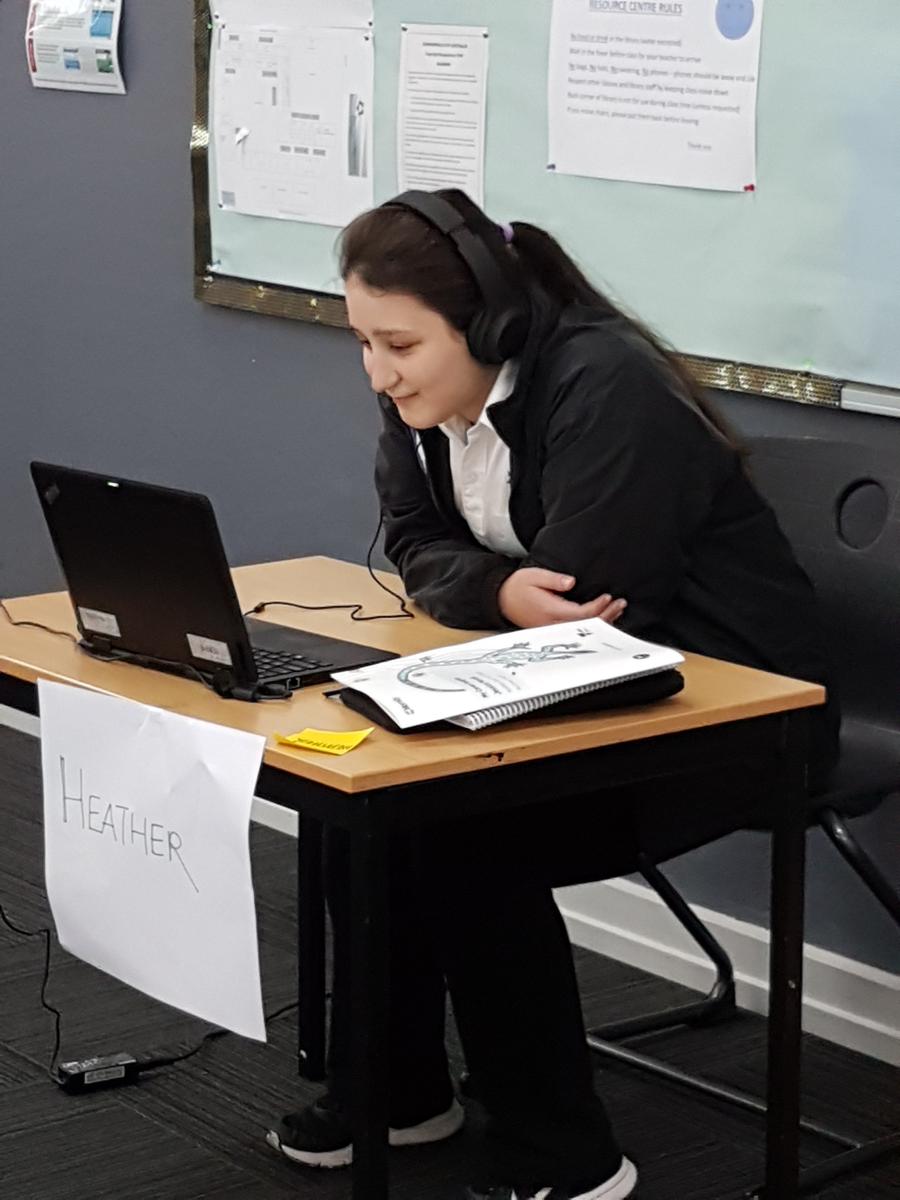
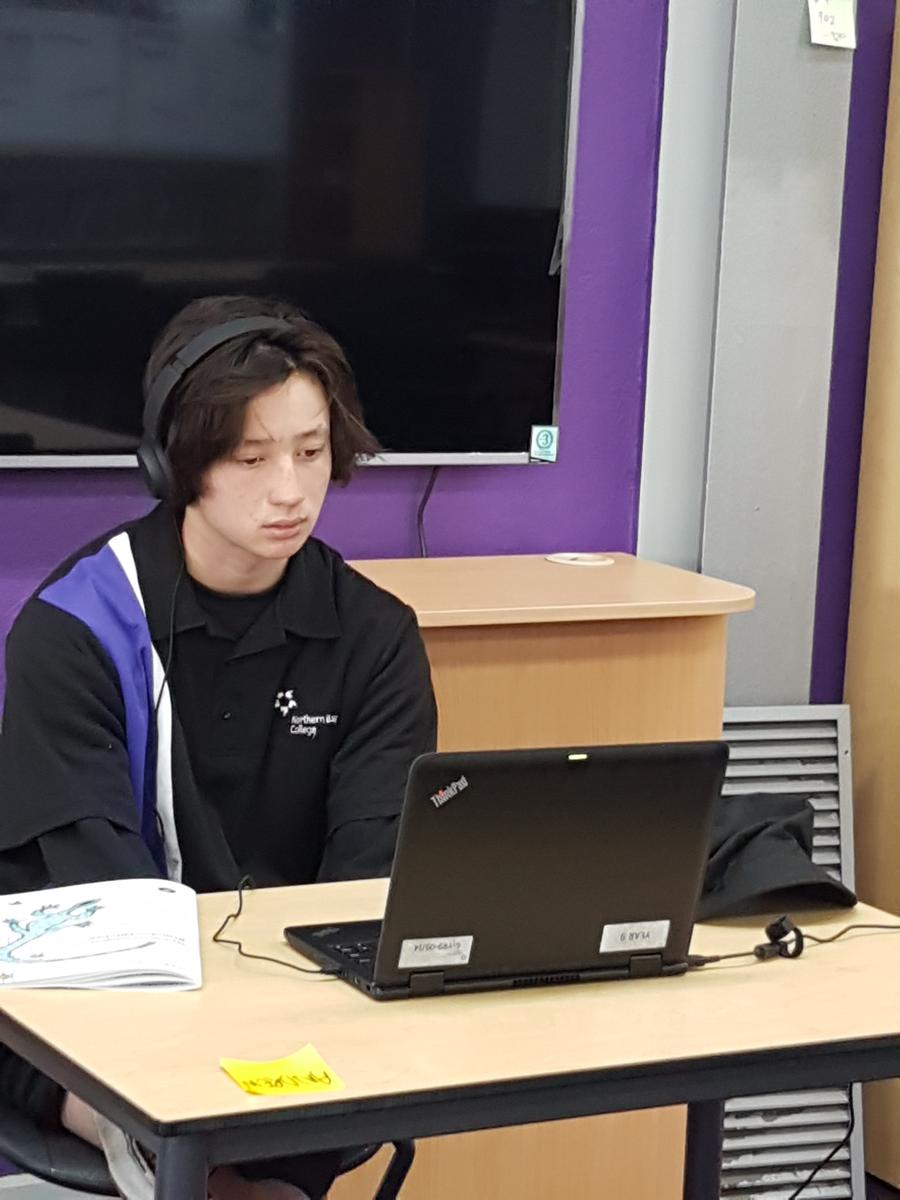




Morrisby Career Profiling Interviews:
Students now begin their Morrisby Profiling Interviews. To date the students have completed a survey which covered a variety of topics, and provided each student who completed it with results. These link to a possible pathway that their current skills and knowledge are heading them towards.
The feedback from the students was that this was a very informative interview, however a little strange meeting someone for the first time through Webex conferencing. Feedback from both Ms Parcell (Careers Coordinator) and the interviewers was very positive and that the students successfully engaged with the interview process.
Traditionally year 9 students have travelled off campus to the Gordon to participate in the ‘Geelong Tertiary Futures Program” during term 3. This quality program gave the opportunity to experience a range of trades and become involved in many applied learning opportunities. We’ve adapted to the current climate and provided additional opportunities for students to undertake elective subjects on campus.
The electives are only temporary in the program for those students not going to Geelong tertiary schools. The learning areas cover:
They are general for now due to current pandemic situation.
Mock Elections
What better way to learn and demonstrate your understanding of the Australian Constitution, the concepts of democracy and freedom of speech, and our political system, than to create your own political party and participate in a ‘Mock Election’ with your peers and teachers.
During the final weeks of Term 2, our 7/8 students did exactly that. They began by independently identifying and researching local, state, national and international issues that they felt passionate about or wanted to see change, such as:
They then joined forces with students across their campus who had similar passions and beliefs and created their own political party, determined roles/ responsibilities within their party, agreed on an agenda/platform and main policies, and the all-important party name, complete with a logo and slogan.
As a political party they discussed real world issues and worked together to create a campaign for their party, trying to convince their peers to vote for them. On hearing the values and policies of other parties, some parties choose to merge with other parties, mimicking the process that happens with our own political parties e.g Liberal and National Parties, thereby, effectively doubling their chances of being elected to power.
Once the parties were fully established, students consolidated their political platform and began campaigning which included speeches, short advertisements, the distribution of flyers and the creation and display of signage in an endeavour to ‘swing’ voters to vote for their party. Students then participated in the ‘Mock Election’, casting a vote for the party that resonated with them most. We all agreed that it was very difficult to cast a vote as each party campaigned hard and passionately about very current and important issues that impact so many diverse and vulnerable populations and environments across the globe
Check out some of the presentations!
This term, our students will continue to build on their learning about government and democracy by completing a unit of work centered around Diversity, Identity, Citizens, and the Law. Stay tuned to find out more about this work.
Here are some comments from the students about their learning:
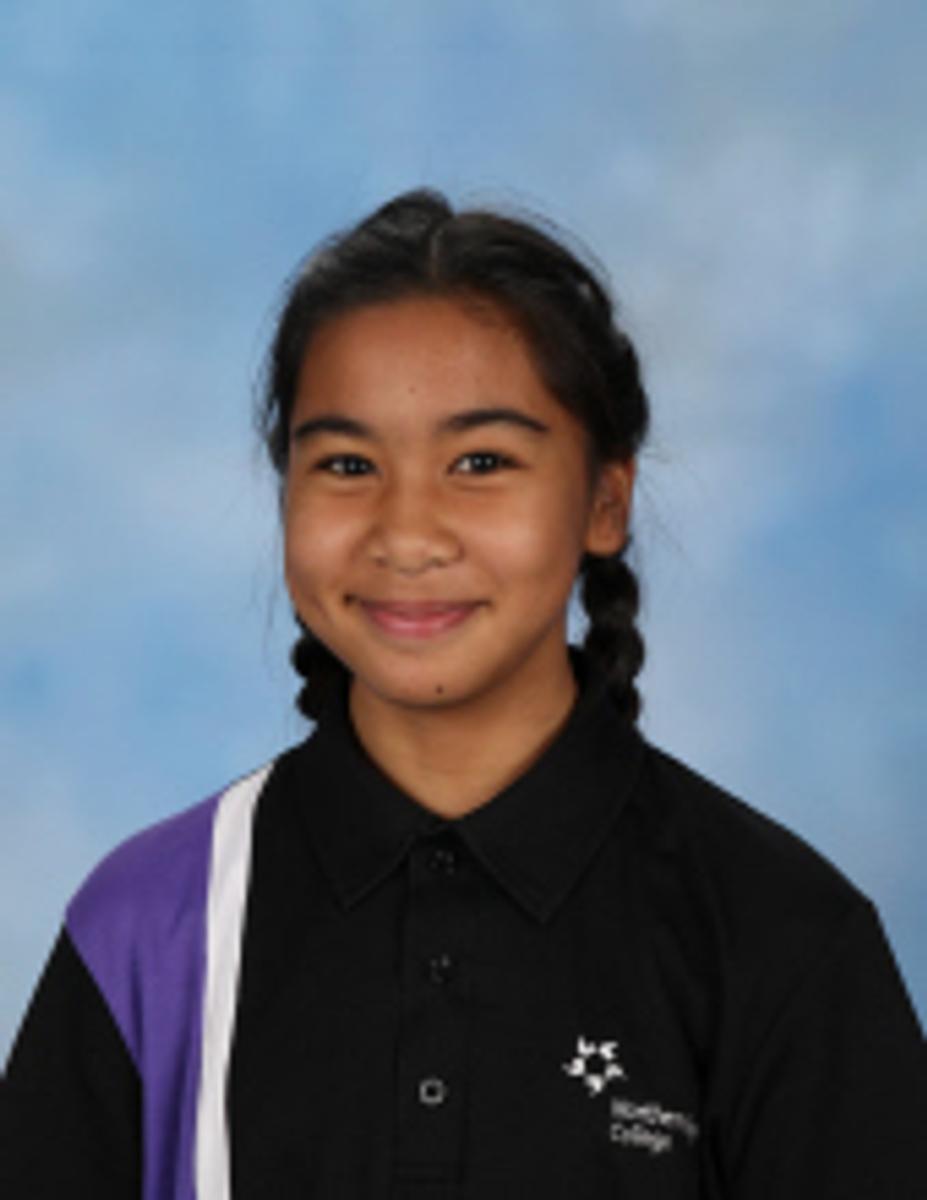

We made a campaign video to pitch our idea. We had to use persuasive devices to capture the audience. We used emotive language and some people used humour. Hanis
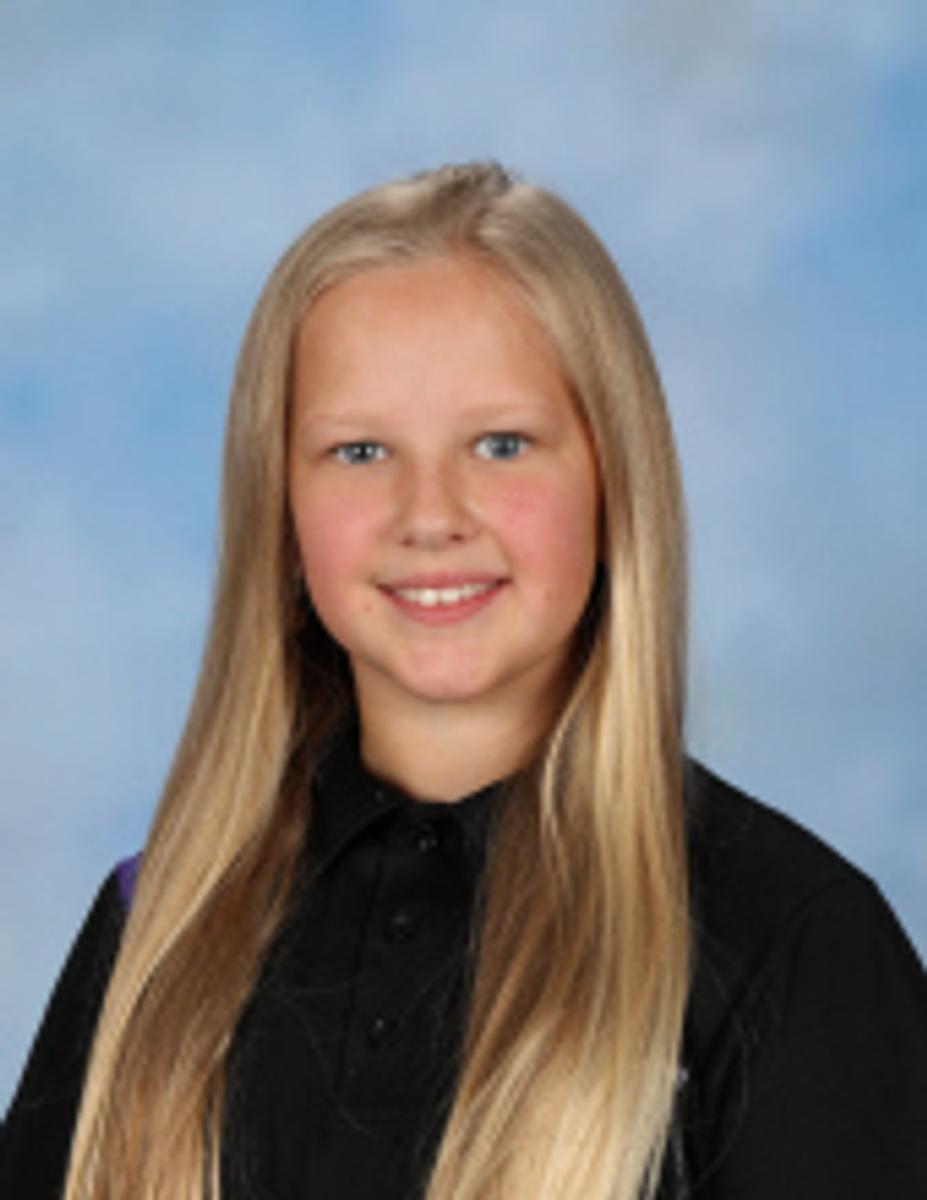

We are lucky in Australia as we can vote for our government. There are lots of different political parties to choose from. We were able to form our own political party. This took a lot of time and effort. Imagine how much it must take for the actual state and federal parties to create their campaigns. Grace
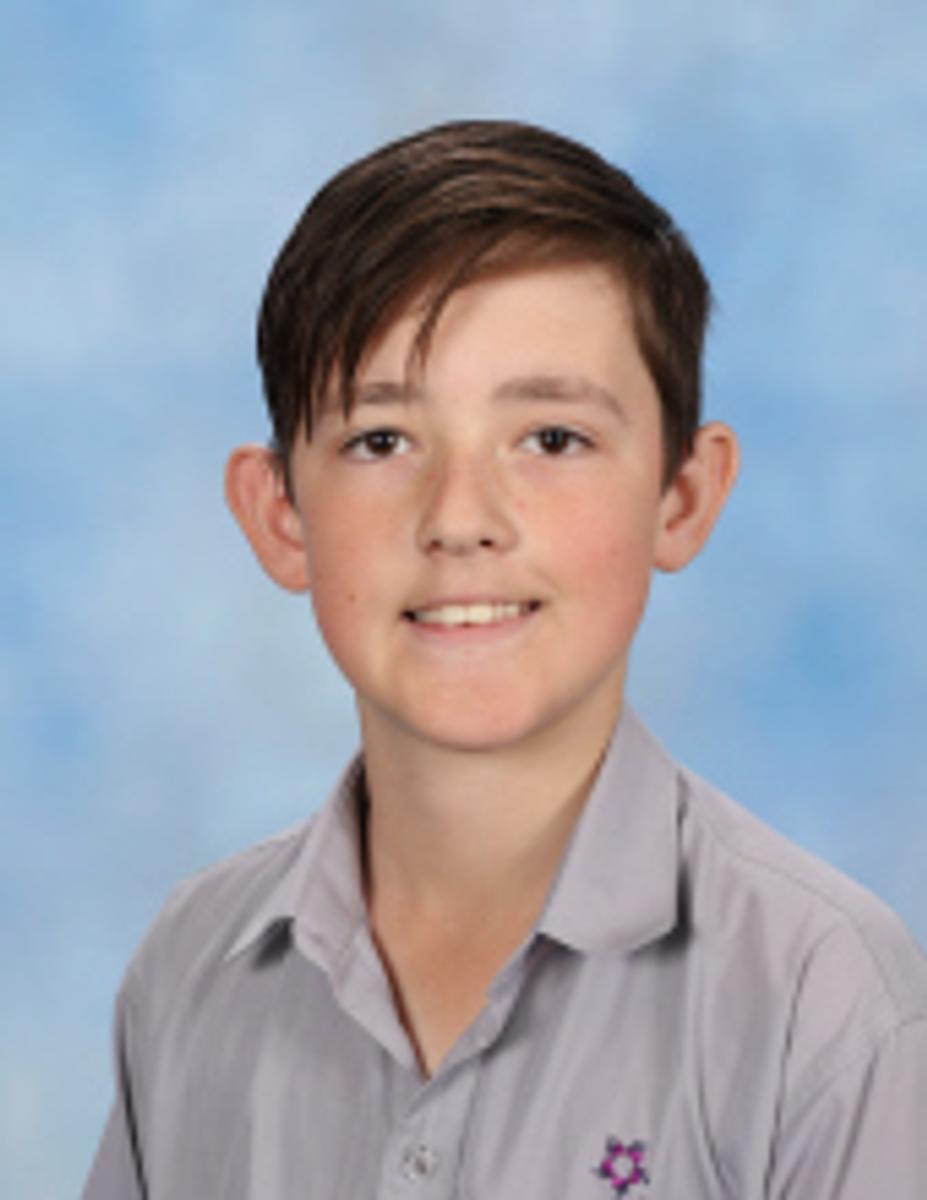

I learnt that when there’s an issue or problem in the world that you care about, you can work together to think of some solutions. You need to do some research on the topic. Our issue was air pollution. Joshua
EAL online learning in EAL Transition classes has commenced in all NBC P-8 campuses. The students are using the NBC devices and working with Seesaw and Google classroom platforms. The focus of 1:1 learning is on independent online learning, finding, watching and following instructions. Using the keypad/keyboard to type answers. Year 3-8 students who are using Google Classroom are also learning word-processing skills in Google Docs.
Our EAL students taking EAL Transition English classes four times a week are learning to become more confident with the use of technology, and more independent.
EAL Transition teachers and students on the English program are excited about the new technology and respect and care for the devices they use.
